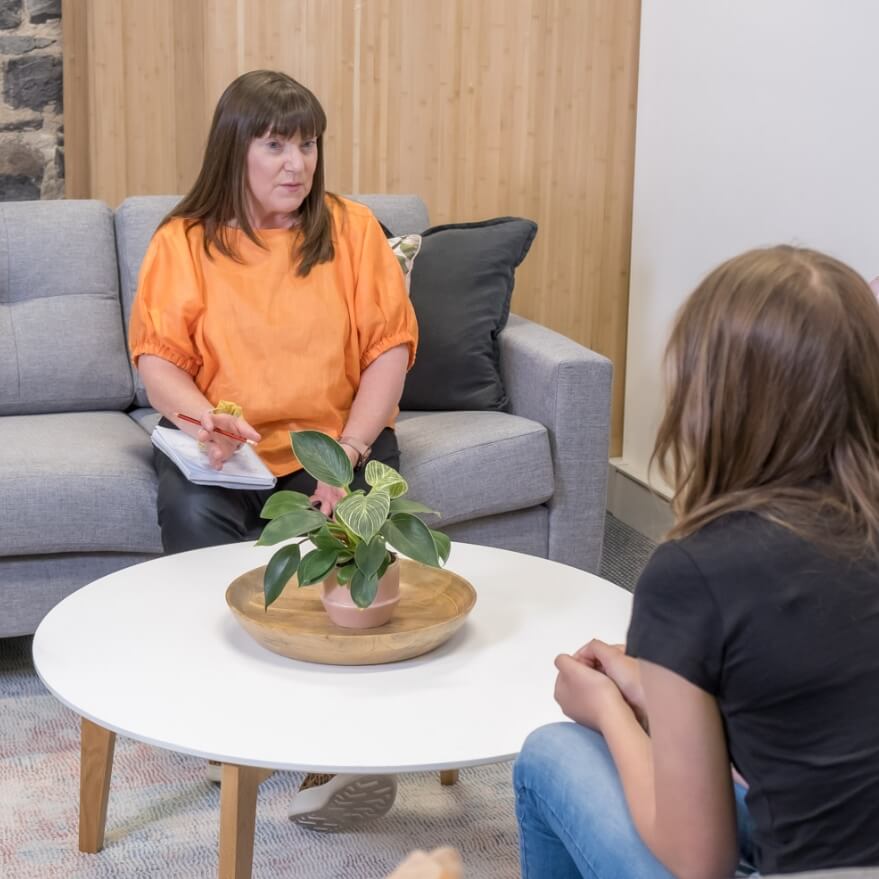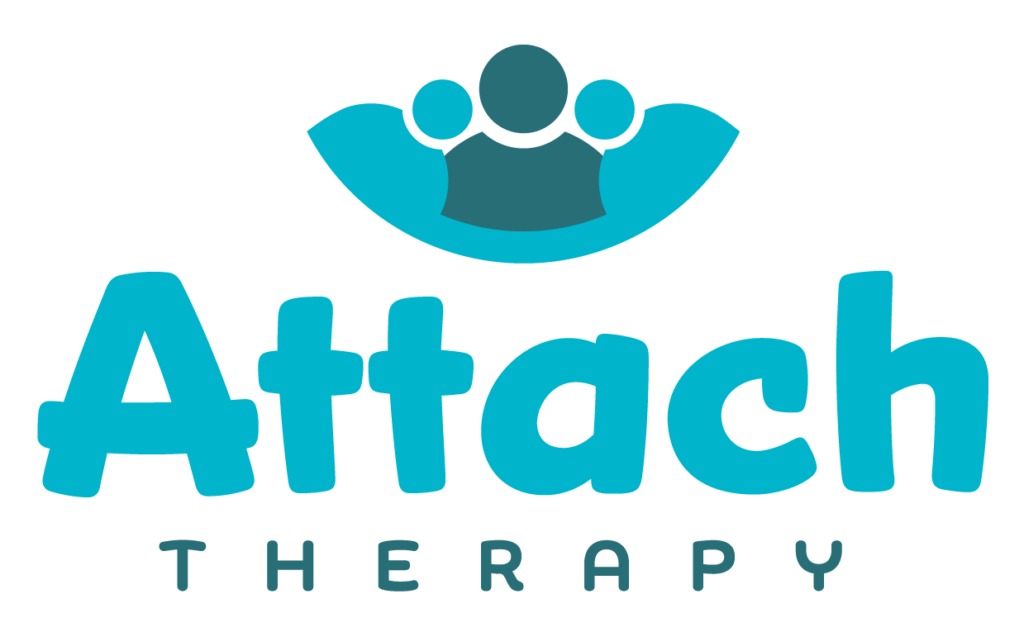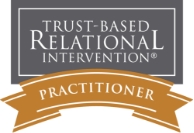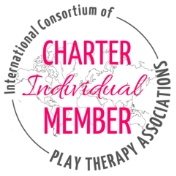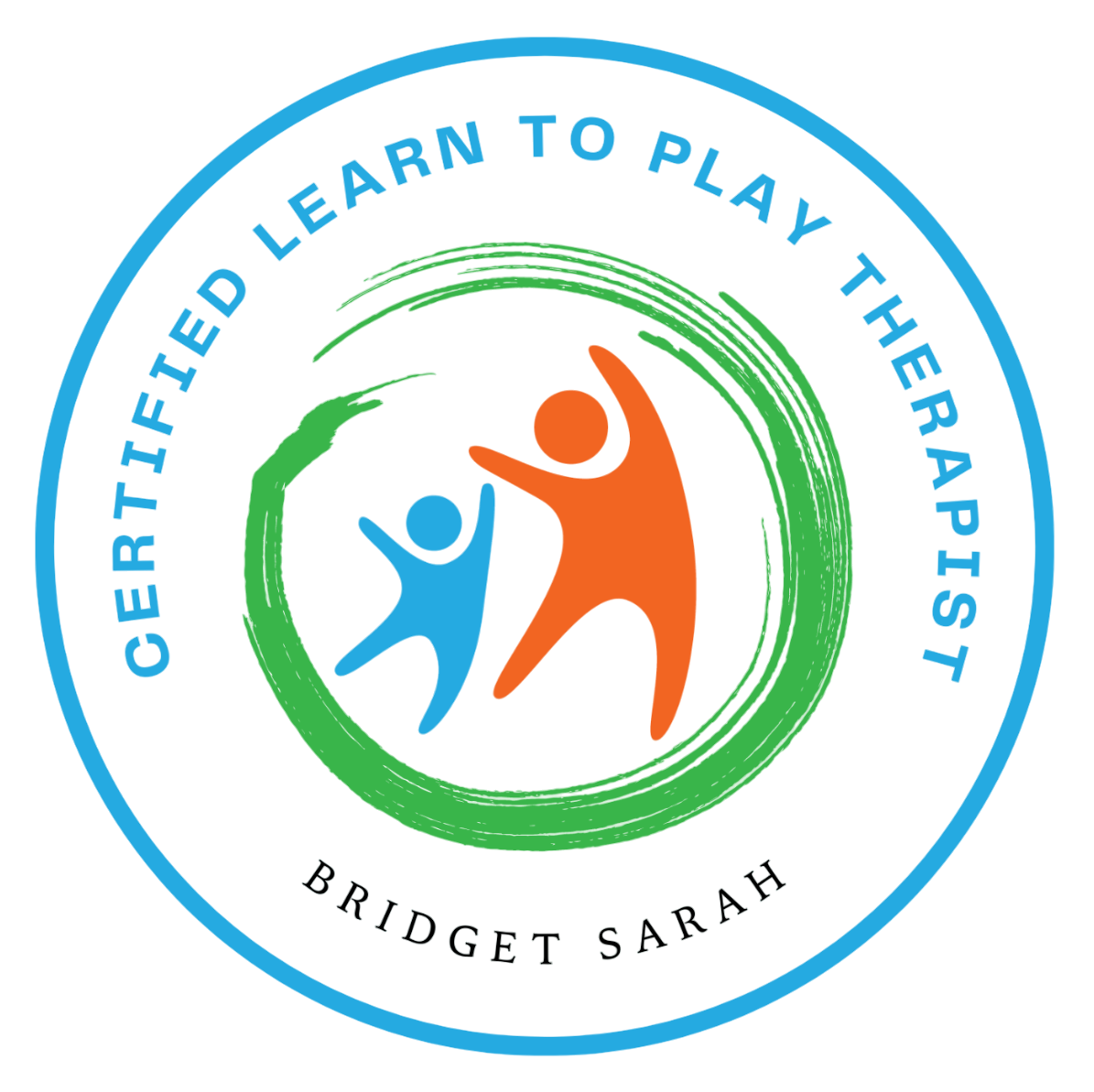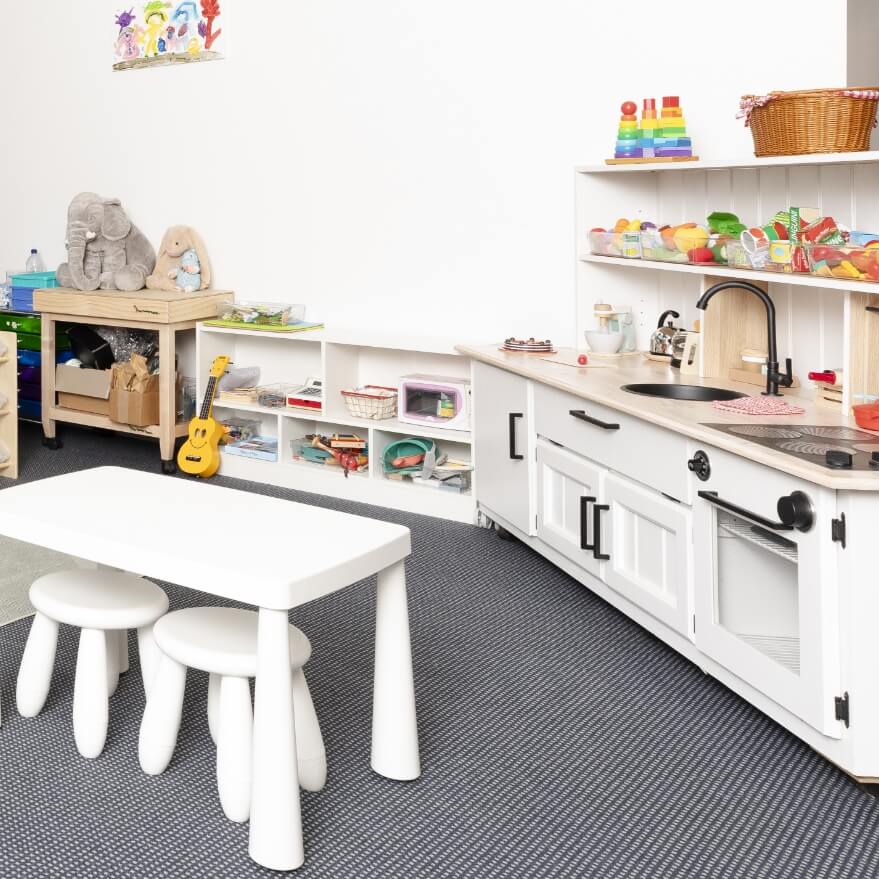
BALLARAT BASED PLAY THERAPY
Why play?
Play is children’s natural or innate way of communicating with and without words. It allows a child to express self and explore and process their internal thoughts and feelings in relation to their world.
When children struggle to articulate these thoughts and feelings, play therapy, an evidence-based approach, provides children with a safe and supported environment to process subconscious thoughts and feelings without the added pressure to articulate. Importantly, it is developmentally sensitive.
Through play we are privileged to enter the child’s world and can begin to understand how they might see and feel about their world, and difficulties.
Through play we are privileged to enter the child’s world and can begin to understand how they might see and feel about their world, and difficulties.
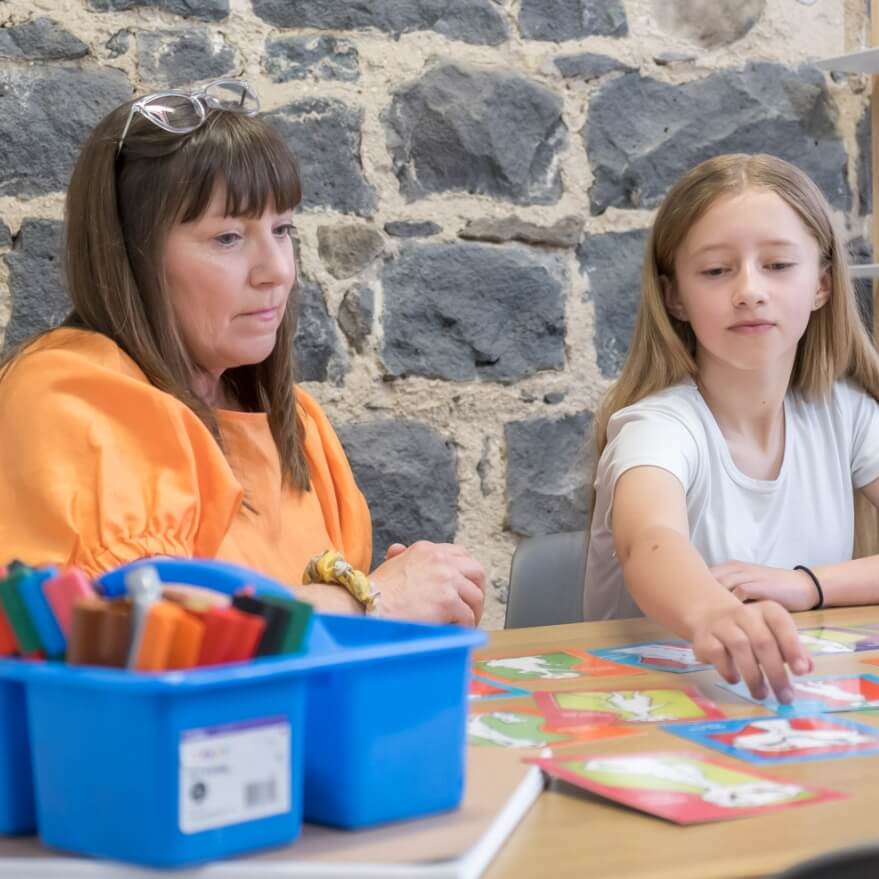

Play therapy provides each child with an opportunity to play out their experiences, process difficulties, practice and learn new skills, build coping strategies, and to heal.
Attach Therapy offers play therapy to support children in expression, exploration, and communication without the need for language. It bridges the gap between concrete experiences and abstract thought so children can process traumatic events, rehearse life events, regulate emotions, and build coping strategies.
Attach Therapy believes in the therapeutic relationship and the therapeutic powers of play being central as change agents so children and families can live their best life.
At Attach Therapy, we are committed to finding the modality or integrated approach for working with your child to highlight their strengths and meet the needs of each unique child and family.
More on Play Therapy
Play Therapy Works
Introducing Andrew
Therapeutic Powers of Play
Who should I trust to work with my child?
Play Therapy is in its infancy in Australia compared to the UK, USA, and Europe, meaning there are limited regulations around who can call themselves a play therapist. When choosing where to take your child for play therapy, here are some considerations:
Look for someone who is a member of the peak registering body, Australasia Pacific Play Therapy Association (APPTA), which provides support, clinical supervision, and ethical standards for the play therapist to abide by.
Look for someone who is master qualified. This means they have undertaken two years of master level study, including extensive supervision, practical placement, and personal therapy. Be cautious of play therapy courses in Australia that claim to certify people after as little as a few weeks.
Look for someone who has undergraduate studies in a mental health and/or allied health discipline.
Importantly, look for someone who takes the time to listen to your concerns and hopes and is interested in working with the whole child, including the systems (school, kindergarten, etc.) around the child to create the best possible outcomes.
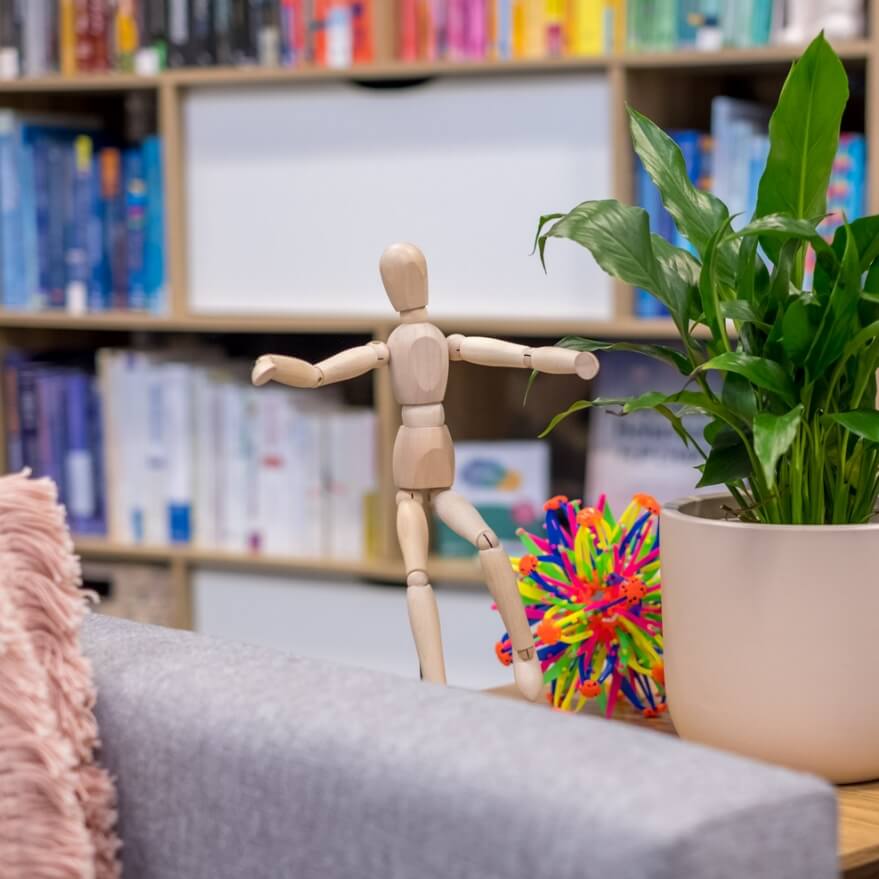

Evidence of Play Therapy
The effectiveness of play therapy as an approach for reaping change has been reviewed with evidence suggesting significant impacts on the reduction of childhood mental health issues, impulsivity, depression and anxiety, school refusal, and academic difficulties, social difficulties and more.
(Bratton, Ray, Rhines & Jones, 2005; Lin & Bratton, 2015; Ray et. Al., 2015; LeBlanc & Ritchie, 2001; Bratton et. Al., 2005; Dell’ Aquila, 2019).
To read more on Evidence-Based Child Therapy: Meta-Analyses/Reviews – Evidence Based Child Therapy
The Play Therapy process
A 90-minute consultation to understand full history of child, referral reason, complete questionnaires, practice policies and the therapeutic process. You will be provided a referral form, policies and a welcome pack prior to this appointment with an expectation that these are completed prior to the appointment.
At your child’s first session building the therapeutic relationship will be our focus. We will also be observing your child and collecting information to assist the direction of the therapeutic intervention. Standardised and non-standardised assessments may be used early to enable monitoring of progress. Sessions consist of 45 min special play time and 15min notes and planning.
Play sessions will continue with frequency and length of intervention determined at intake. Following your first session we will have a quick call to let you know how your child went- we do not talk about your child in front of them.
Dependent on the frequency and length of the intervention reviews will be booked when scheduling appointments. Reviews can be informal (15-20 minutes via phone- no fee), or formal (a full 50min session at Attach- fee).
After an intervention block, we will meet to make any recommendations which may include but not limited to a continuation of therapy, referral to other supports, planning for a therapeutic ending. A progress or end of therapy report can be included at this time.
